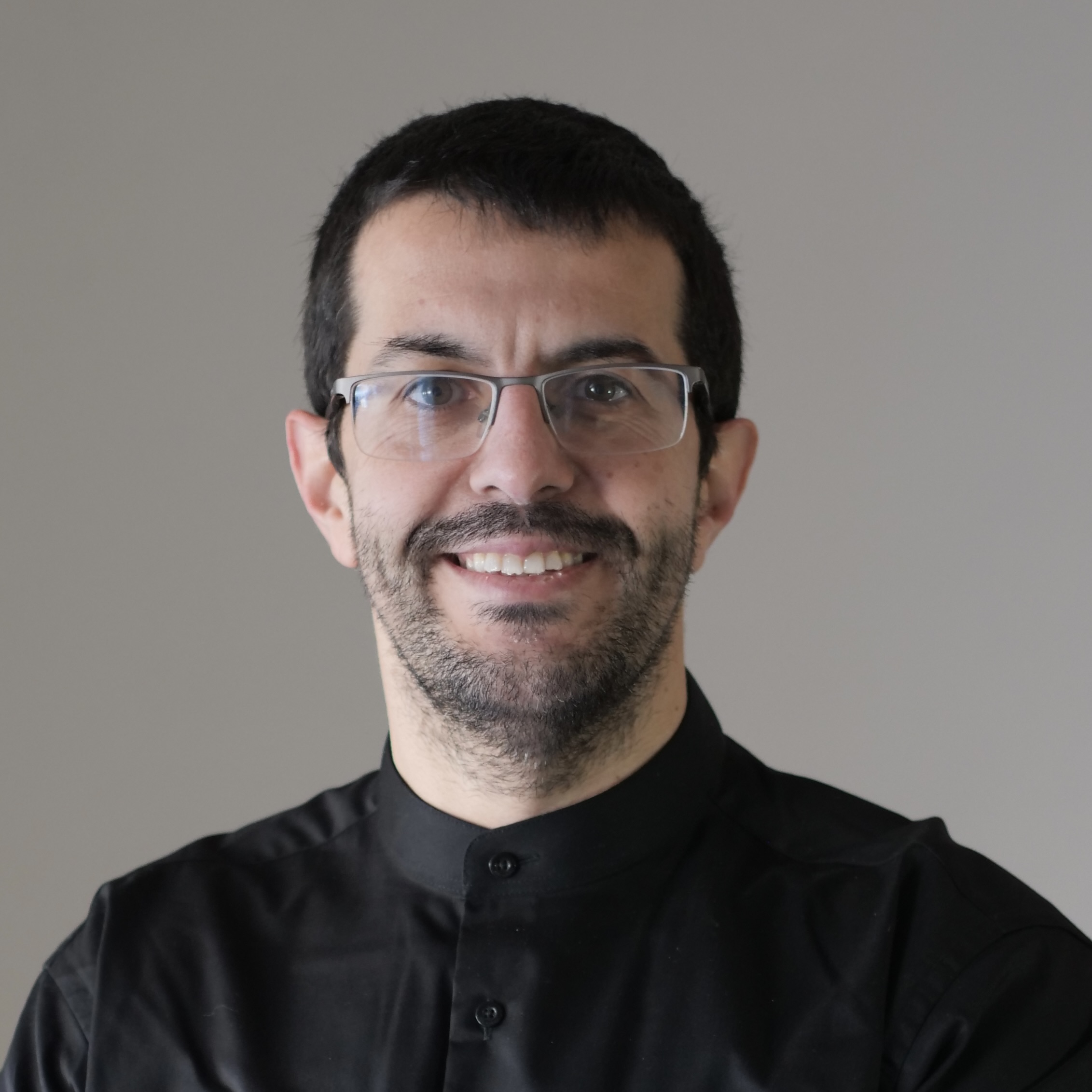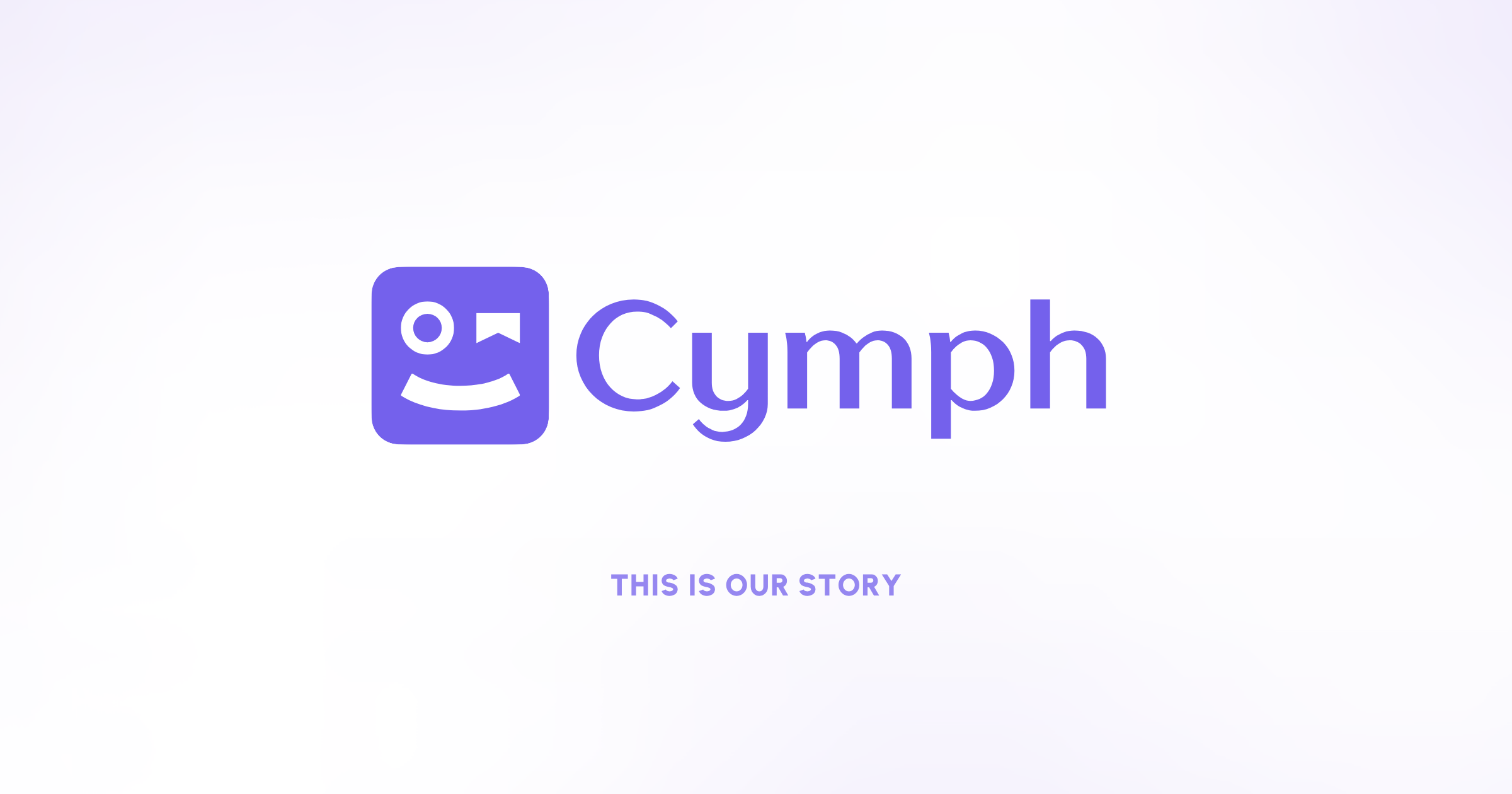Spiros Antonatos

Quick facts
- Previously: IBM Research, Tenable, Aegis Technologies, ICS-FORTH
- Expertise: Network security, threat intelligence, privacy, and security automation
- Research & Innovation: 16+ patents filed, 25+ research papers published, led projects on web security, network monitoring, threat intelligence, and GDPR-focused data trust
- Education: PhD in Computer Science, University of Crete
Professional journey
I’ve spent the last 20 years in cybersecurity, navigating that space between academic research and real-world applications in the private sector.
My journey started in Greece, where I earned my PhD in Computer Science from the University of Crete. In parallel with my studies, I was working at the Institute of Computer Science at FORTH, where I spent eight years researching web security, privacy, anonymisation, and network monitoring – publishing several conference papers and journals along the way. I actively participated in several EU-funded programs, including SCAMPI, LOBSTER, NoAH, and WOMBAT. But the more I participated in security research, the more I realised that technology alone wasn’t the answer – it was about people, collaboration, and making security work in the real world.
That realisation became even clearer when I moved into industry. At IBM Research in Dublin, I worked on security and privacy challenges for customers, mostly in the healthcare and financial space. I collaborated with incredible teams and organisations, filed multiple patents, and contributed to Watson Health and Truata (the world’s first GDPR data trust). Later, at Tenable, I took on the challenge of vulnerability management for OT networks. In my collaborations with the Technical University of Crete and Aegis Technologies, I focused on large-scale network monitoring and threat intelligence, and dived into 5G core security and adversarial attack path planning, working on products designed to detect threats before they could cause significant damage.
Across every role, my goal remained the same: leverage my experience to find ways to solve cybersecurity’s problems in a way that actually works in the real world.
The path forward at Cymph
Over the years, we’ve done a lot of progress in the field, but we’ve noticed something missing. A lot of effort has gone into automation, yet the playbooks orchestration side – the ability to standardise, share, and collaborate – has been left behind. That’s why we started Cymph.
With Cymph, we want to about make sure that knowledge can flow across teams, organisations, and products. We’re taking the fragmented, ad-hoc nature of cybersecurity playbooks and turning it into something structured, efficient, and interoperable. Because at the end of the day, security isn’t just about technology and tools integrated together – it’s also about people working together.

